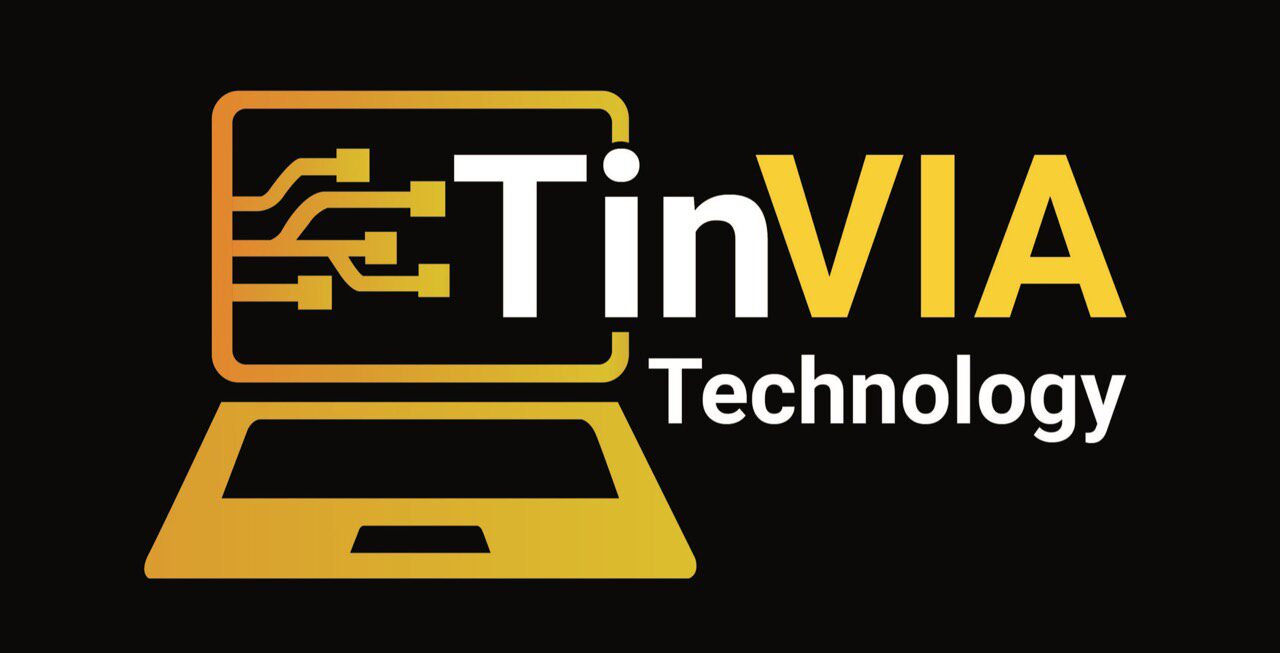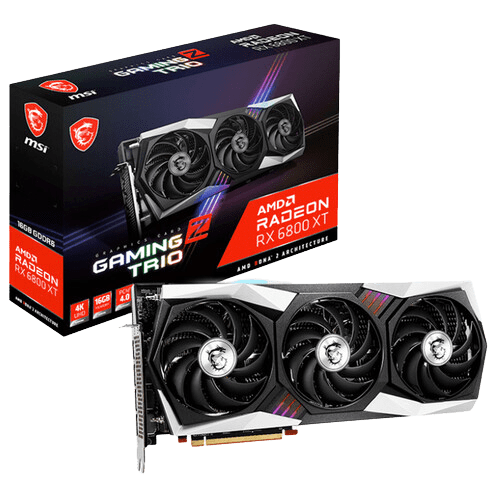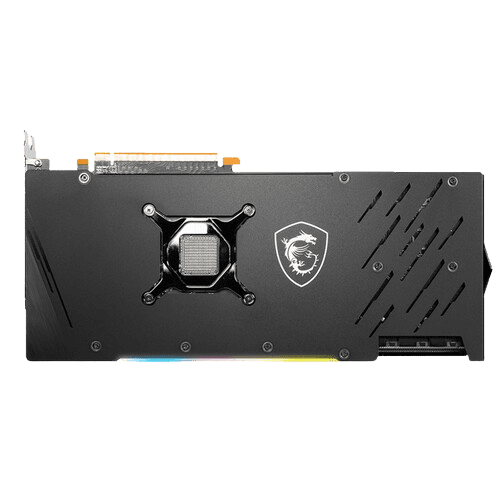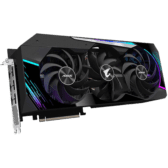Based on the RDNA 2 architecture and designed to handle the graphical demands of 4K gaming as well as 1440p at high frame rates, the MSI Radeon RX 6800 XT GAMING Z TRIO Graphics Card provides an immersive gaming experience with your PC games. The GPU features 16GB of GDDR6 VRAM and a 256-bit memory interface, offering improved performance and power efficiency over the previous RDNA-based generation.The front panel of the card features a variety of outputs, such as DisplayPort 1.4 and HDMI 2.1. HDMI 2.1 supports up to 48 Gb/s bandwidth and a range of higher resolutions and refresh rates, including 8K @ 60 fps, 4K @ 120 fps, and even up to 10K. The Radeon RX 6800 XT supports APIs, such as DirectX 12 Ultimate and OpenGL. These APIs can take advantage of the GPU’s 4608 Stream Processors to accelerate parallel computing tasks, taking some of the processing load off of the CPU. For cooling, MSI implemented triple TORX 4.0 fans.
DirectX 12 Ultimate
DirectX12 Ultimate gives game developers the power to deliver immersive visuals with real-time DirectX Raytracing (DXR), Variable Rate Shading (VRS), Mesh Shaders, and Sampler Feedback, taking games to the next level.
AMD FidelityFX
AMD FidelityFX is an open-source image-quality toolkit comprising of seven different solutions available for game developers to implement into their games that are optimized for AMD RDNA and RDNA 2 architectures.
AMD Radeon Image Sharpening
Restores clarity to in-game images that have been softened by other post-process effects. RIS combines with GPU upscaling to provide sharp visuals at fluid frame rates on very high-resolution displays, and works across DirectX 9, 12, and Vulkan titles.
AMD FreeSync 2 Technology
Reduce screen tearing with AMD’s FreeSync 2 Technology. FreeSync 2 enables the monitor to dynamically adjust its refresh rate to the frame rate being output by the graphics card, thereby greatly reducing screen tearing, stuttering, and other artifacts.
Radeon Anti-Lag
Optimized for eSports, Radeon Anti-Lag improves competitiveness by decreasing input-to-display response times by up to 31 percent, delivering an experience similar to higher frame rates.








